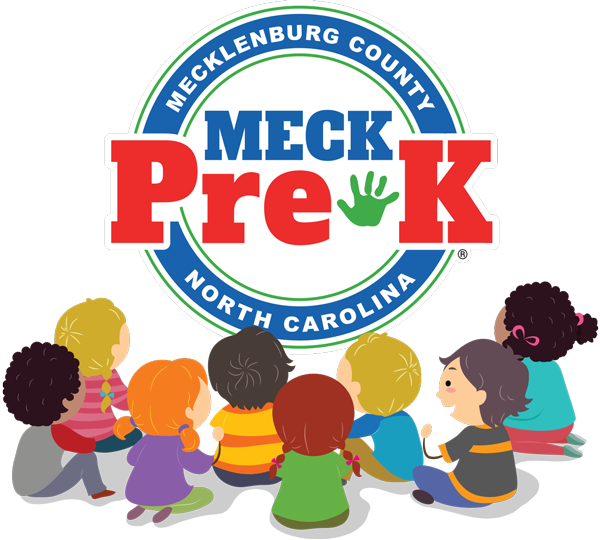Get kids off to a good start with social and intellectual learning!
Did you know that the first five years of your child’s life will set the stage for their social, intellectual and emotional growth for the rest of their lives? According to the US Centers for Disease Control, development during the first five years of life can have long-term impacts on social, cognitive, emotional, and physical development.
Many of today’s young children experienced have more social isolation during their early years due to the COVID-19 pandemic. So, what are some simple things that we can do to help encourage heathy development among today’s young children?
- Socialize
We know that spending time with peers, other children and adults can help children develop social skills like communication, sharing and cooperation. But socializing also helps them in other ways, such as language development, problem-solving skills and developing self-confidence. There are many places that you can go to find opportunities for your child to socialize, including public parks, playgrounds, libraries, and even play groups in your own neighborhood. Parent groups on social media can also be a great place to find social gatherings for your child.
- Talk to Your Child
According to UNICEF, “Every interaction you have with your child is a form of communication. It’s not just about the words you say: The tone of your voice, the look in your eyes … The way you communicate with your child not only teaches them how to communicate with others, it shapes their emotional development and how they build relationships later in life.” Even if your child doesn’t understand every word you say, talking has lasting benefits for their social and intellectual development. Some simple ways to incorporate talking into your daily activities include things like narrating what you are doing. For example, “I’m going to make a sandwich now. I’m taking two slices of bread out of the refrigerator. Do you like bread?” You can also take them on a walk outside or even inside the home and name different objects you see. “Boy, that is a tall building. See how it makes a shadow? Let’s count how many steps it takes us to reach that tree over there.” While you may feel silly talking about such basic things, your child will benefit from the interaction!
- Read With Your Child
According to a study from Ohio State University, young children whose parents read them five books a day enter kindergarten having heard about 1.4 million more words than kids who were never read to. Reading can be fun and relaxing for you and your child. The main thing is to try to do it every day and establish a routine. Some days you may just read the words on the page, the next day you may want to do funny voices for the different characters. Pick books that are engaging for you and your child. They may want to hear the same nursery rhyme over and over, and you may want a little diversity. Again, public libraries can be a great resource for keeping your reading choices fresh. They also have story times for younger children and their caregivers that provide social opportunities for both. If your local library doesn’t have story times that match your schedule, give them a call! They may be willing to adjust the schedule if they know that there is a need!
- Check out Preschool and Pre-K Options
Preschool is typically for students between two and four years old, whereas pre-K is for children around four to five years old. Both preschool and pre-K use an early childhood curriculum and approach. Many programs feature playful learning environments that are driven partly by the children’s interests and a mixture of learning, playing, and hands-on experiences. Preschool and pre-K curricula can include subjects like music, science, reading, math, and art, though the intensity and methods of teaching differ. You can learn more about the differences and benefits here. MECK Pre-K uses The Creative Curriculum®, a hands-on, project-based approach to education that incorporates real life experiences into the learning process.
Sign Up for MECK Pre-K!
MECK Pre-K is high quality free pre-K education open to all four-year-old children in Mecklenburg County. Classrooms are located in licensed childcare centers and taught by licensed teachers and highly qualified assistant teachers. You can apply online at MeckPreK.org.
Do you have a child who is not old enough for pre-K this year? Sign up for our email list and be notified when they’re eligible for MECK Pre-K. Simply go to MECKPrek.org/future-meck-pre-k-students and select your child’s age group.

